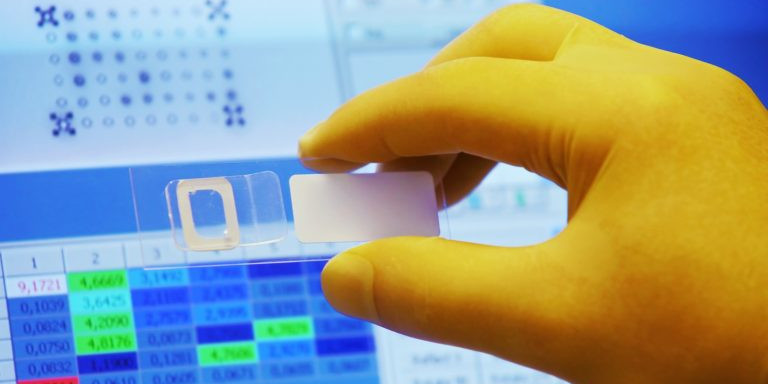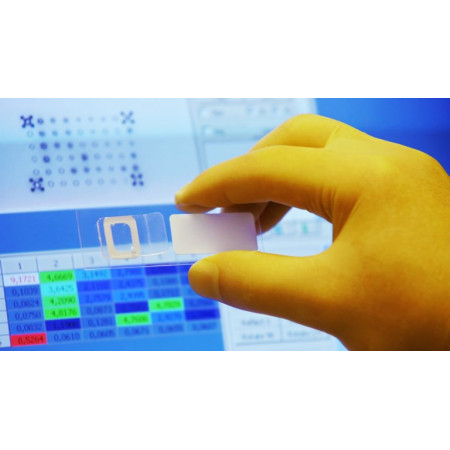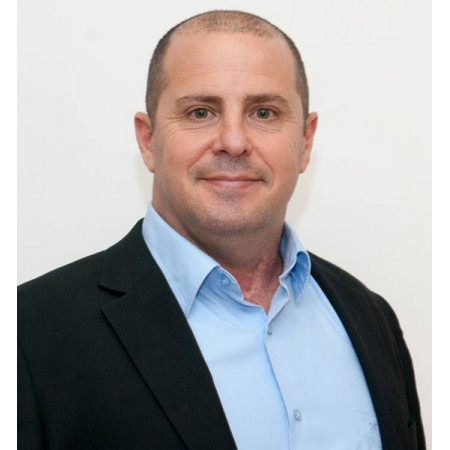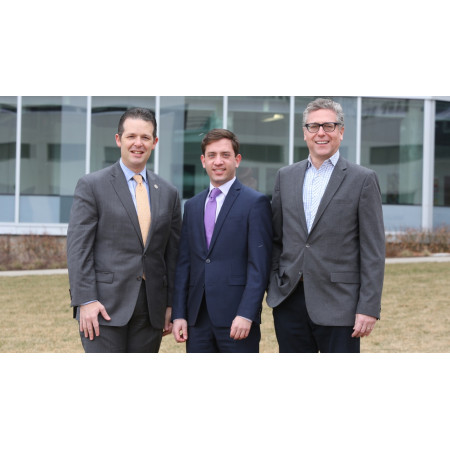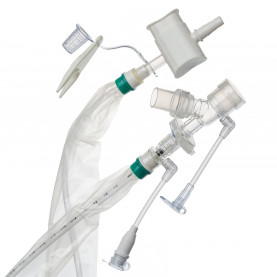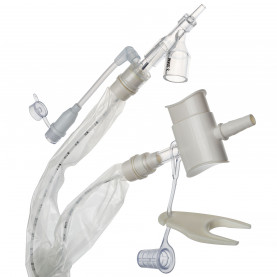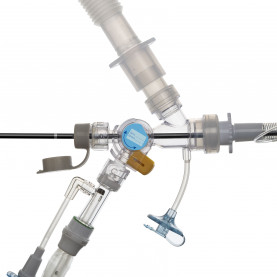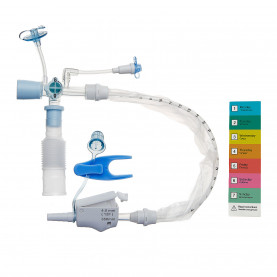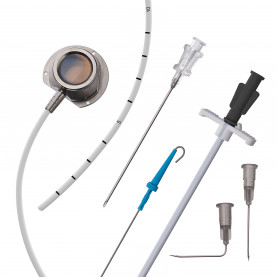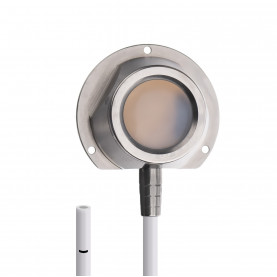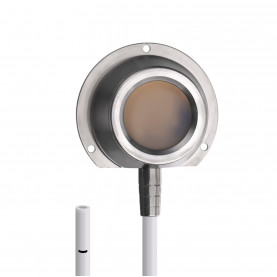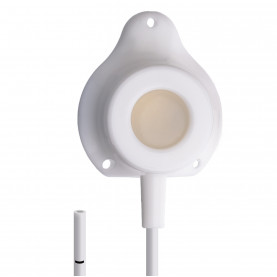Israeli bioinformatics firm installs platform in St. Louis
Washington University School of Medicine’s Institute for Informatics says MDClone will enable its researchers and clinicians to reuse and share data.
Israel-based MDClone, which automatically mines insights for patient care and hospital operations from vast amounts of data, has signed a strategic partnership with the Institute for Informatics at Washington University School of Medicine in St. Louis.
The partnership will introduce a new approach to healthcare data access, privacy, analytics and research.
MDClone’s solution dramatically enhances the utility of data and offers the first solution on the market to eliminate the risk of releasing identifiable patient information when conducting healthcare analysis and research.
The agreement represents the first expansion for MDClone outside of Israel, where in less than two years it has already captured more than 80 percent of the market.
MDClone will install its Healthcare Data Platform at the institute, enabling Washington University clinicians and researchers to extract data and insights in real-time with either original or unidentifiable synthetic data for even the most complex healthcare questions.
“The synthetic data can be analyzed as if it were original data but is 100 percent unidentified, non-human subject data,” said Ziv Ofek, MDClone founder and CEO.
“Our partnership with MDClone allows the Institute for Informatics to pursue the co-development of innovative approaches to clinical data re-use and sharing,” Dr. Philip R.O. Payne, director of the Institute for Informatics, said.
“We will be able to make more of our data accessible to more researchers and collaborators than ever before, while simultaneously protecting patient privacy and confidentiality at a level that is unprecedented as compared to traditional approaches to data de-identification. This is about democratizing our data and making it a strategic asset, such that every patient encounter becomes an opportunity to learn and improve patients’ care, their families’ care, and the care that their community receives, all through the power of what we call a ‘rapid learning healthcare system.’”
The partnership was facilitated through the GlobalSTL initiative, started in 2014 St. Louis nonprofit organization BioSTL to connect Missouri and the world’s leading innovation hubs, beginning with Israel.

